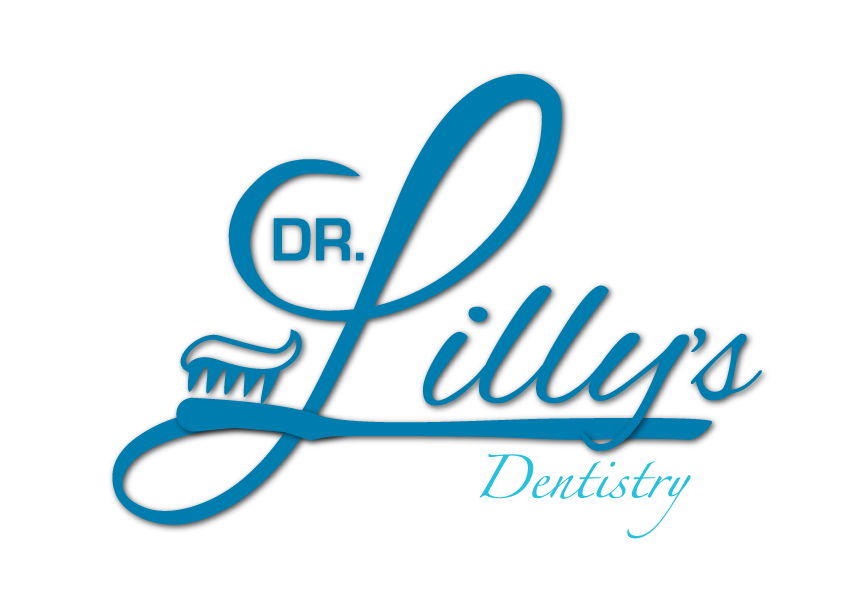Ask us a Question
We are happy to answer any oral health related questions.
We are happy to answer any oral health related questions.

Dr. Lilly's clinic is an advanced dental studio, specialized in advanced diagnostics and treatment of dental and oral disorders. It is run by Dr. Lilly with the team of dental superspecialists.
Powerd by mdeveloper